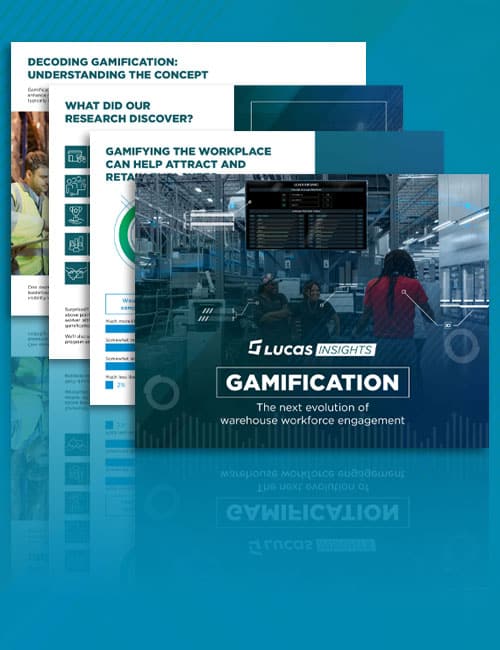Services / Operational Analysis and Process Design
Operational Analysis and Process Design
Before we undertake any project, we take the time to understand your operations, technical requirements, and business needs, and we work with you to identify process improvement possibilities in your facility. From the outset, we strive to develop a partnership with your operations and IT personnel, the people who have the inside knowledge and expertise about your business and operations. Through these initial efforts, our customers are able to leverage our team’s operational experience and unique expertise in how mobile technologies can best be applied to improve hands-on work.
Operations Assessment

Contact us today to request a detailed site assessment at your facility.
Engineering Study
For companies who wish to move forward and develop a detailed functional design for a Lucas mobile work execution solution tailored to their operations, Lucas will conduct an Engineering Study. The goal of the Engineering Study is to define an initial business process design for your system and to provide you with the information needed to estimate the potential accuracy, efficiency and other improvements you may achieve in your facility. As part of this step the Lucas team will document your current processes, systems, and business needs. And to ensure continuity from the Engineering Study to implementation, a Lucas Project Manager and/or Technical Team Lead will be a key member of the Lucas study team.
To kick off the process, a team of Lucas specialists will spend two days onsite to study your operation, observing and talking with your associates, and reviewing your current infrastructure and systems. We will document and review the workflow and paper flow of your current applications, and spend time reviewing your IT systems and data flows in order to identify initial system integration requirements. Lucas will document your current processes, develop preliminary functional requirements for a mobile work execution system, develop a preliminary user process flow, determine the appropriate method of interfacing to existing systems, and develop a preliminary implementation schedule.
As part of the study we will explore new processes with your team to determine if there are ways to reengineer your processes to achieve dramatic productivity and accuracy gains in your DC. Some of the new processes and design considerations we may explore include:
Two-Stage Picking: For DCs with a large number of slow-moving items and low pick density, we may suggest a two-stage pick process in which slow moving items are picked in a batch and merged with other orders. This process improves pick density, reduces travel and increases productivity.
Variable Cart Configurations: Batch picking and other operations that use carts and other mobile equipment may need to consider changing their cart configurations to enable optimized batches. Creation of optimal batch sizes significantly eliminates travel time, increasing productivity.
Integrated QC/Audit: For DCs that employ post-pick QC/Audit to ensure out-the-door accuracy, Lucas may suggest changes in how you prioritize and conduct audits to improve the effectiveness of audits while simultaneously reducing audit costs.
Task Interleaving: Rather than evaluating picking and other processes in isolation, our team will consider ways to combine and/or interleave multiple tasks in a single workflow to increase overall efficiency. For example, we may suggest allowing pickers to replenish empty pick slots, or eliminating a post-pick serial number capture step in pack-out by including serial number capture at the point of pick.
Once Lucas and the customer have evaluated the potential processes and technologies available and decided to move forward with implementing a mobile work execution solution, the next step is System Implementation.


